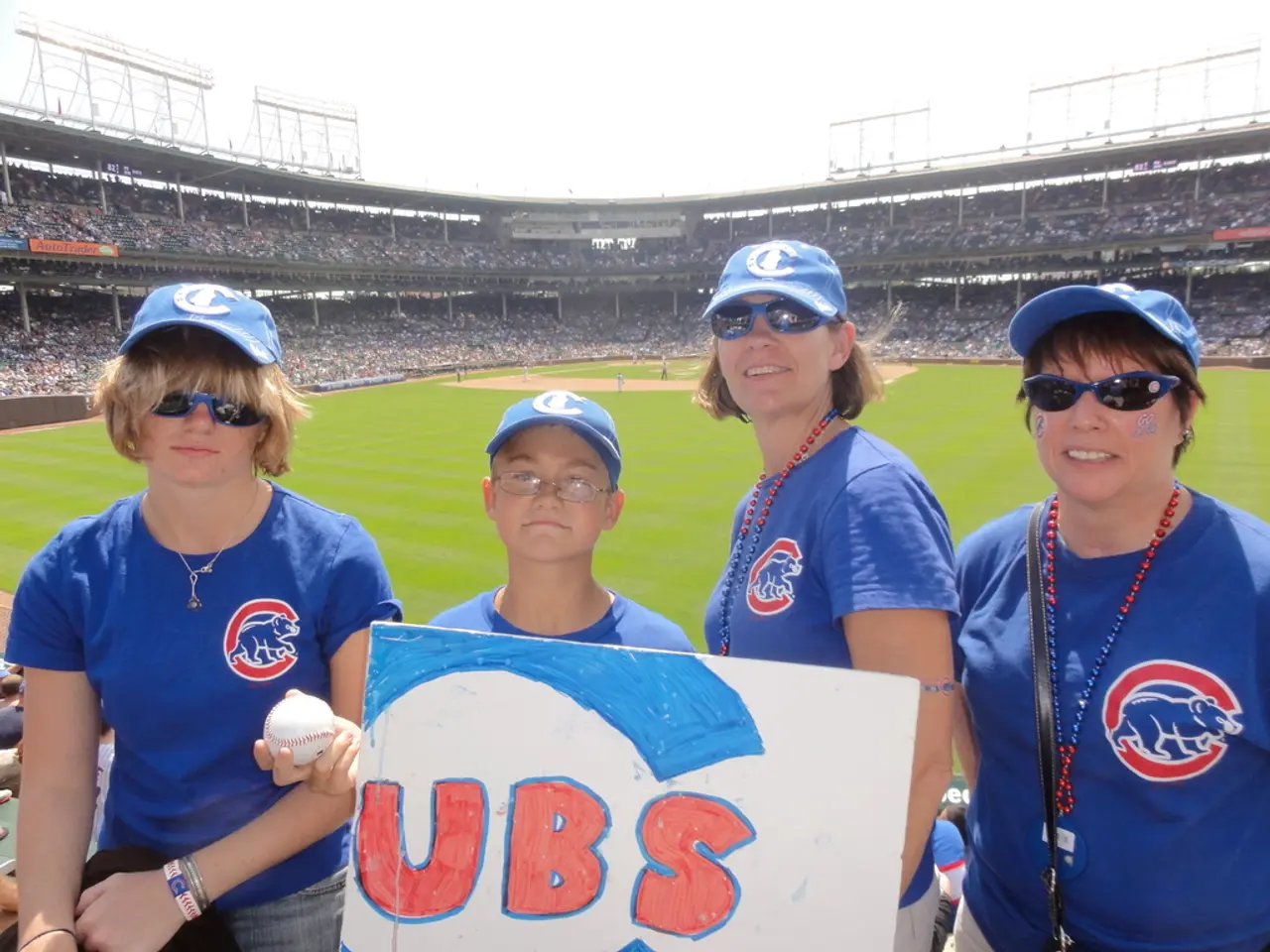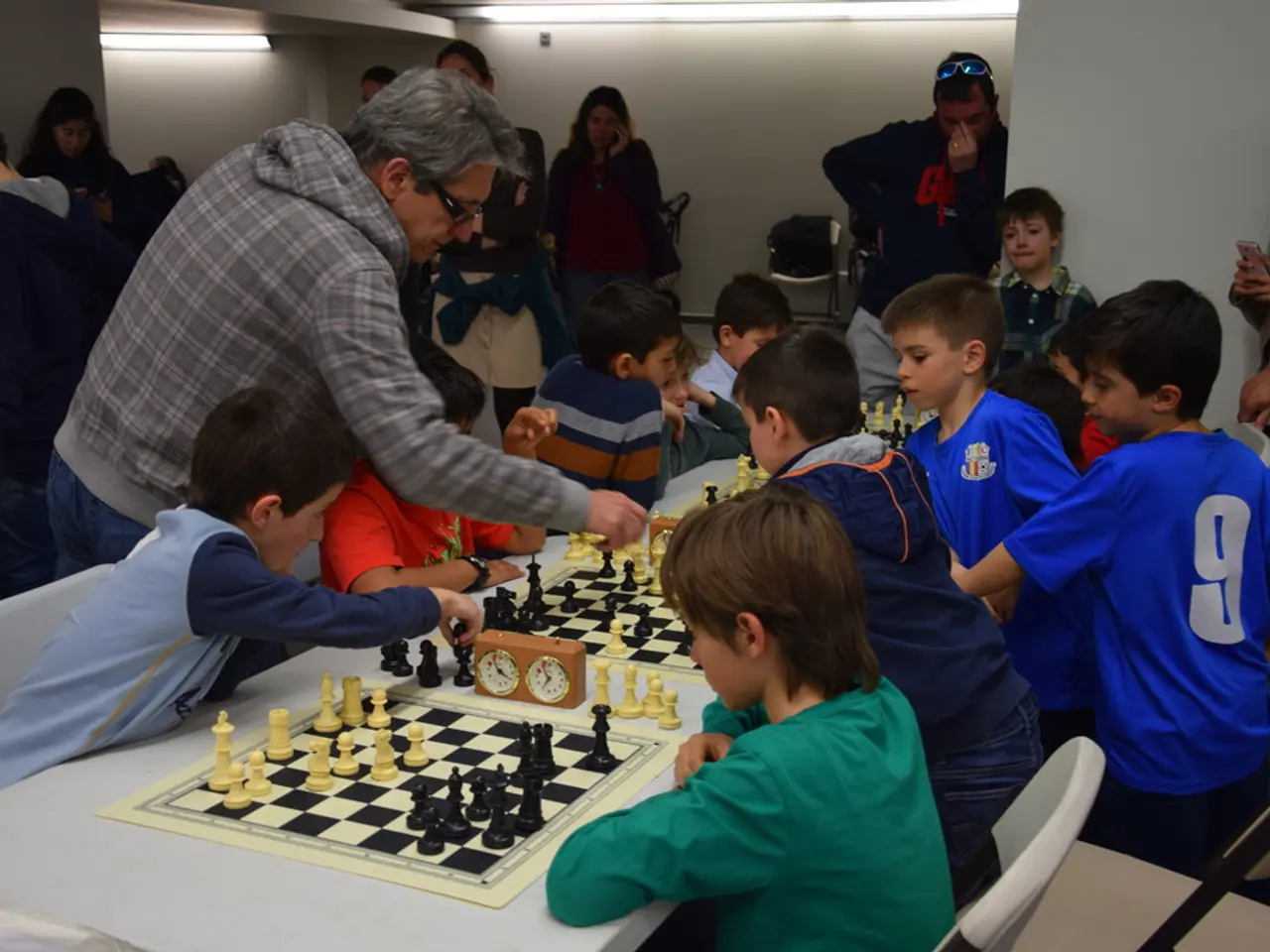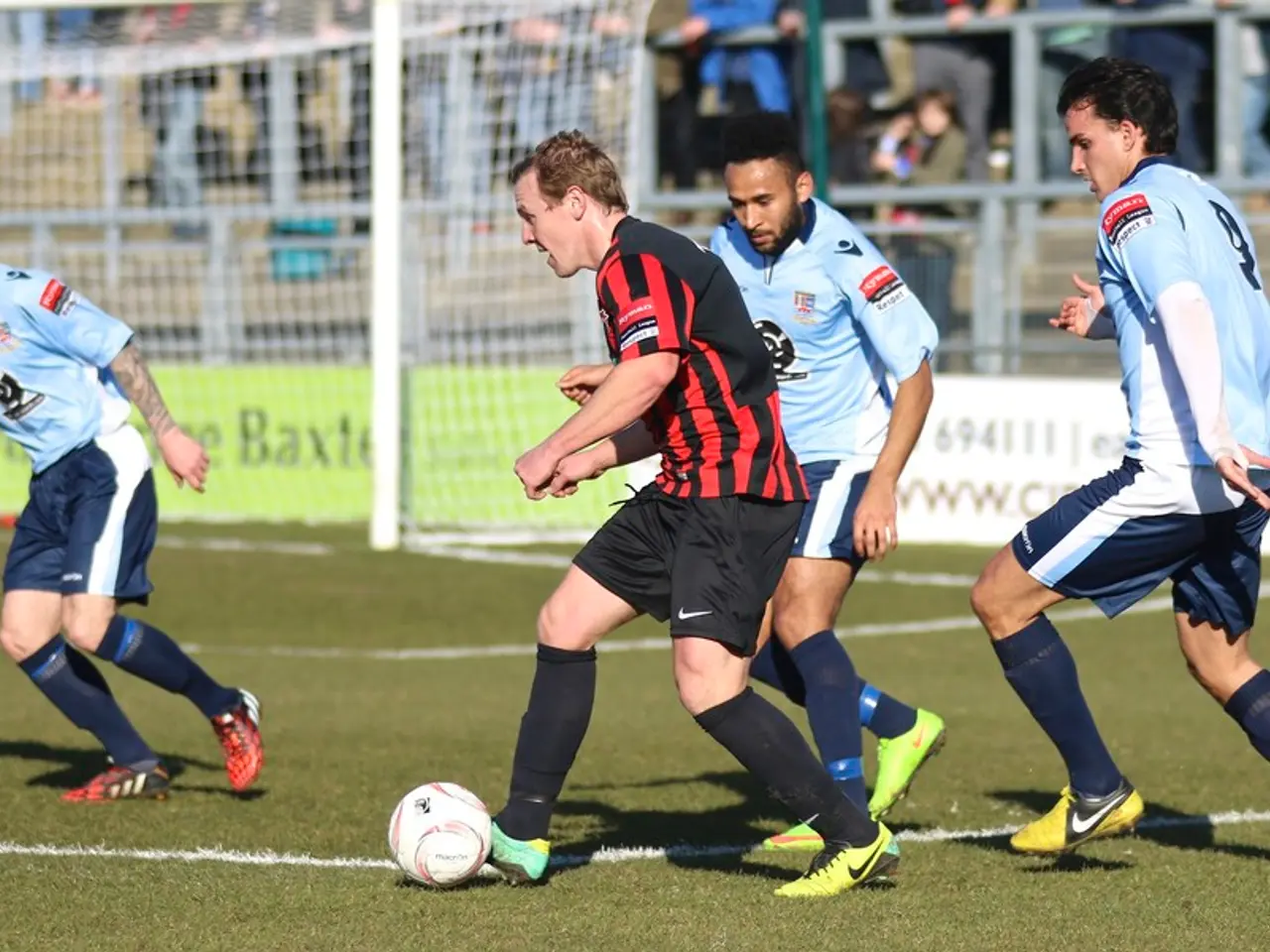"Yearly's most prominent sporting spectacle"
The German public broadcasters ARD and ZDF are actively supporting and broadcasting the UEFA Women's Euro 2025, showcasing a strong commitment similar to that for the Men's Euro 2024 but with distinct approaches tailored to the women's tournament.
**ARD and ZDF's Approach and Efforts for the Women's Euro 2025:**
Both ARD and ZDF are sharing the broadcast rights for the Women's Euro 2025, providing extensive coverage of the tournament held in Switzerland from July 2 to July 27, 2025. This includes group-stage matches, with a focus on Germany’s games, as well as key knockout rounds. The tournament broadcasts alternate between the two networks, ensuring high visibility and national reach.
In addition to traditional TV broadcasts, both networks are offering digital streaming availability, increasing accessibility for viewers and adapting to modern consumption habits. ZDF is also broadcasting complementary programming, such as the documentary "Girls Can't Play Football," which reflects on the history of women's football in Germany, including the past ban by the German Football Association until 1970. This contextualizes the tournament and promotes women's football beyond just live matches.
**Comparison to Men's Euro 2024 Coverage:**
ARD and ZDF similarly hold broadcasting rights for the Men's Euro 2024 in Germany and are expected to apply a comparable robust coverage strategy. Both tournaments receive prime scheduling and high-profile match broadcasts on these national public broadcasters. While the Men's Euro typically draws larger audiences historically, ARD and ZDF have ramped up their efforts for the Women's Euro by dedicating prime time slots and extensive multi-platform coverage, reflecting growing recognition and investment in women's football.
**Summary Table:**
| Aspect | Women's Euro 2025 | Men's Euro 2024 | |-----------------------------|------------------------------------------|---------------------------------------------| | Broadcasters | ARD & ZDF | ARD & ZDF | | Coverage | Group stages, quarterfinals, semifinals, final split between ARD and ZDF; digital streaming available | Comprehensive live coverage and prime time slots on ARD & ZDF plus digital platforms | | Special programming | Documentaries and cultural features about women's football history on ZDF | Focus on live matches and associated men's football content | | Focus on German matches | Emphasized with prime slots on both ARD and ZDF | Emphasized with prime slots and extensive analysis |
In conclusion, ARD and ZDF have demonstrated a strong, high-profile commitment to the Women's Euro 2025 through comprehensive, multi-platform broadcasting combined with cultural programming that elevates women's football. Their approach mirrors their efforts for the Men's Euro 2024 but with a sensitivity to promoting and growing the women's game within Germany.
The Women's Euro is the most significant sporting event for ARD and ZDF this year, with the value of women's football having steadily increased in recent years, to which Yorck Polus and Gerd Gottlob, responsible for the Women's Euro at ARD and ZDF, respectively, have significantly contributed. However, challenges remain, such as the potential impact of the Club World Cup on media resources and the ongoing issue of online misogyny faced by football commentators. Despite these challenges, ARD and ZDF remain steadfast in their support for women's football.
Sports analysts have highlighted the role of ARD and ZDF in the growing prominence of women's football, with the broadcasters dedicating resources to sports-analysis programs focusing on the upcoming UEFA Women's Euro 2025. Footfall predictions suggest that this tournament could potentially draw larger viewing audiences than previous women's football events, as ARD and ZDF strive to engage the public with in-depth analysis and commentary on football strategies, player performances, and team dynamics. Furthermore, adding a cultural perspective through documentaries like "Girls Can't Play Football" will provide additional context and understanding of the history and evolution of women's football in Germany, making the event more relatable and captivating to viewers.






